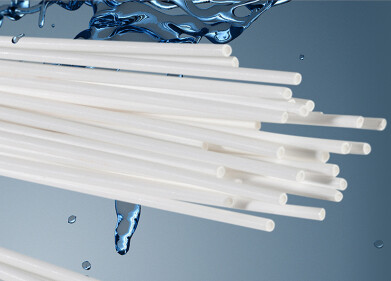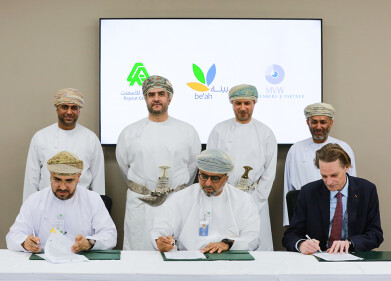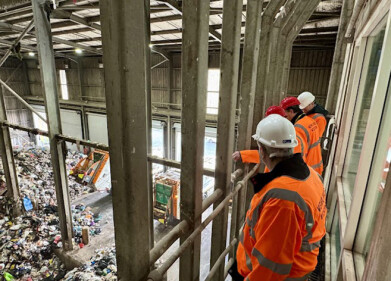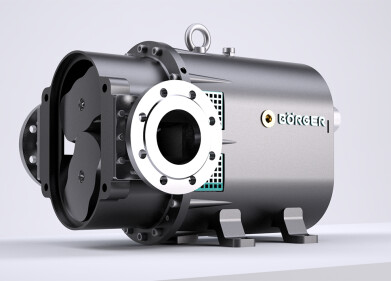Waste management
Could Plastic Pollution Worsen Post-COVID?
Jun 17 2020
The coronavirus pandemic has created a situation that most people in the western world will have no frame of reference to deal with. For perhaps the first time in our lives, human health has been definitively placed above all else, including economic prosperity. But while this has had the unforeseen silver lining of reducing air pollution, it could ultimately exacerbate other kinds of contamination.
One such potential problem is that of plastic pollution. With governments around the world placing an emphasis on the need to acquire and wear personal protective equipment (PPE) when interacting in areas where social distancing is more difficult, there has been a surge in demand for single-use items. Although PPE is undoubtedly important in restricting the spread of the disease, it could eventually create an avalanche of plastic pollution that will only worsen an already sizable issue.
A plastic pandemic
The world was already contending with a serious plastic pollution problem long before COVID-19 threw our lives and livelihoods into disarray. The most recent UN report estimated that 13 million tonnes of plastic are deposited into the ocean each year. The Mediterranean Sea suffers around 570,000 tonnes of that figure, which is equivalent to 33,800 bottles every single minute.
Half of the 13 million total is manufactured specifically for single-use items, meaning it is used once before being discarded. Much of the time, even the methods of disposing of these items are insufficient, leading to a surplus of the substance in our rivers, lakes and seas. Over time, these items can be broken down into microplastics, which are potentially even more dangerous due to the fact that they can be ingested by all kinds of marine life.
The majority of PPE being manufactured to accommodate the demand created by coronavirus is single-use, meaning the problem is only likely to worsen in the coming months and years. Italy, for example, is projected to consume a billion face masks and half a billion pairs of gloves as it emerges from its lockdown. The WWF estimates that even if only 1% of that PPE is disposed of improperly, we could still end up with 10 million masks – or 40,000kg of plastic waste – polluting the natural environment.
What can be done?
The scientific community has been investigating ever more elaborate and innovative ways of cleaning up the plastic which litters our seas and oceans, including the novel combination of artificial intelligence (AI) and forensic science. However, the best course of action would not be to clean up the waste, but to prevent it from polluting our waterways in the first place.
This begins with educating the public about how best to dispose of single-use items of PPE once they have been used. Ironically, single-use items could be more deadly than reusable ones, since the latter are immediately disinfected and recycled back into the system. Single-use items, on the other hand, can carry traces of the COVID-19 virus on them for days, meaning they pose a health risk if not properly disposed of.
Beyond practicing proper hygiene with regard to the disposal of PPE, there is also the question of addressing how these items are manufactured in the first place. Gloves and masks made from a complex combination of polymers are far more challenging to collect, recycle and process, for example. “Countries should try to develop products made of the same polymer, that we can trace and collect in sealed disposable bins, where they can be disinfected and recycled,” explained Claudia Brunori, a chemist who specialises in the area.
Events
Mar 18 2025 Expo Santa Fe, Mexico
Mar 18 2025 Moscow, Russia
Mar 19 2025 Manila, Philippines
Mar 20 2025 Guangzhou, China
Mar 24 2025 National Harbour, MD, USA














